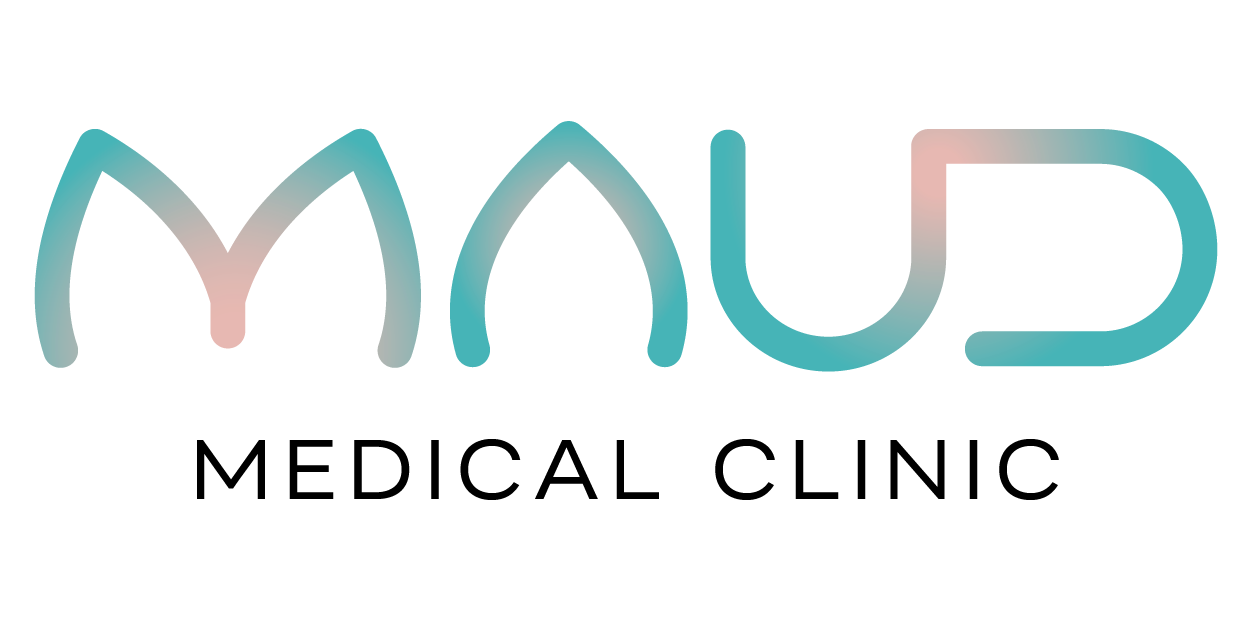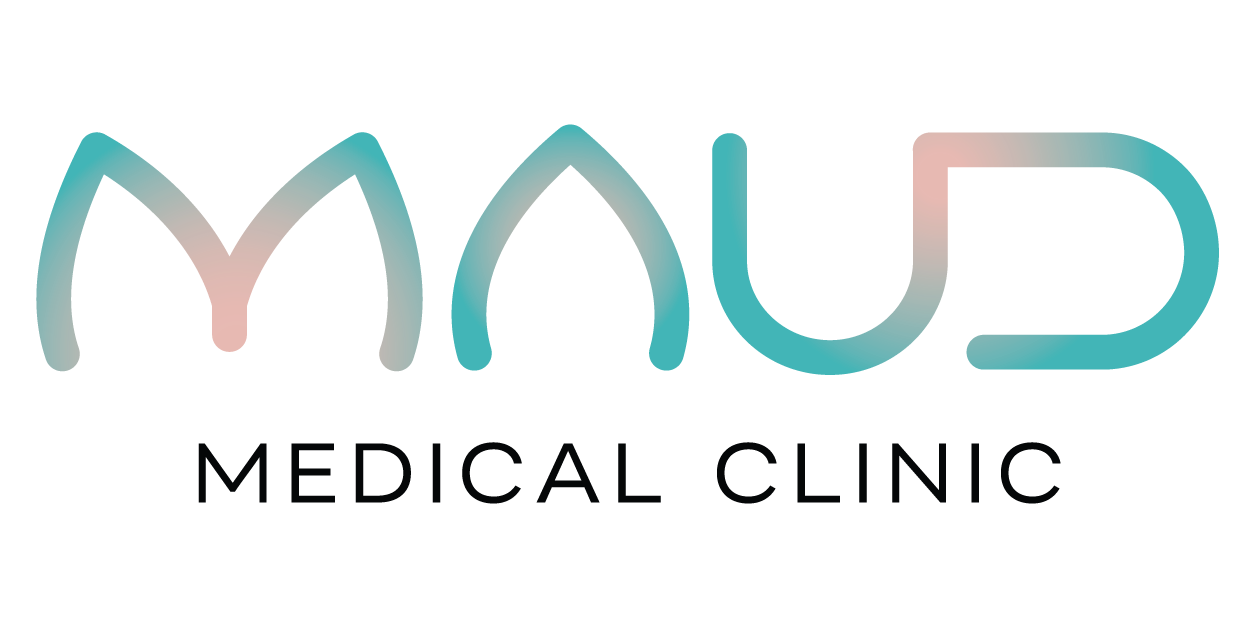Breast Cancer: Knowing, Preventing, and Taking Charge of Your Health
Breast Cancer: Knowing, Preventing, and Taking Charge of Your Health
Breast cancer is the leading cancer in Canadian women, and it can occur in both men and women, though it is far more common in women. Approximately 1 in 8 Canadian women will develop breast cancer during their lifetime, according to the Canadian Cancer Society. It begins when cells in the breast grow uncontrollably and form a cluster referred to as a tumor. This tumor can be detected by a lump, a change in the breast’s shape or texture, or an abnormal finding on a mammogram. If not treated, cancer cells can spread, or metastasize, to other parts of the body, such as the bones, liver, lungs, or brain.
While a breast cancer diagnosis can change your life in profound ways, early detection and advancements in treatment have made outcomes far more favorable. Today, many people survive breast cancer and go on to live long, healthy lives, especially when the disease is detected early and treated with a personalized approach. Understanding risk factors, focusing on prevention, and keeping up with regular screenings are key steps to protecting your health.
At Maud Medical Clinic in Calgary, we believe that knowledge is power. By knowing what to watch for, being aware of your risk, and taking action, you can take control of your breast health.
Understanding Breast Cancer Risk Factors
Breast cancer has no single cause. It develops due to a combination of factors. Some cannot be changed, while others can be influenced by lifestyle choices.
Uncontrollable risk factors include age, as the likelihood of developing breast cancer increases with age, particularly after 50. Genetics and family history also play a role. Having a close relative such as a mother, sister, or daughter with breast cancer, especially if diagnosed at a young age, increases your risk. Inherited mutations in the BRCA1 (Breast Cancer Gene 1) and BRCA2 (Breast Cancer Gene 2) genes significantly raise the likelihood of developing breast cancer. A personal history of certain benign breast conditions or a previous breast cancer diagnosis also increases risk. Hormonal and reproductive factors, such as starting menstruation before age 12, entering menopause after age 55, or never having been pregnant, may slightly increase risk.
Some controllable risk factors include maintaining physical activity, which helps regulate hormones and support a healthy body weight. Managing weight is important, as being overweight or obese, particularly after menopause, increases risk. Alcohol use should be minimized, since even small amounts can raise risk. Smoking has been linked to both increased risk and poorer treatment outcomes. Diet also plays a role, and eating fewer processed foods while increasing intake of fruits, vegetables, and whole grains can be beneficial.
Although you cannot change your age or family history, managing the factors you can control can significantly lower your chances of developing breast cancer.
Signs and Symptoms to Watch For
Early breast cancer often has no symptoms, which is why regular screening is essential. However, it is important to see a doctor promptly if you notice a new lump in the breast or underarm, swelling in any part of the breast, redness or skin irritation, dimpling that resembles an orange peel, changes in breast shape, size, or texture, nipple inversion, nipple discharge (especially if bloody), or persistent breast pain or tenderness.
Not all lumps are cancerous, but it is always best to have any changes checked by a medical professional.
Breast Cancer Screening in Calgary
In Alberta, routine screening is available every two years for women and those assigned female at birth between the ages of 50 and 74 through the Alberta Breast Cancer Screening Program. If you are at higher-than-average risk due to family history, genetics, or personal medical history, you may need to start screenings earlier or have them more frequently.
Screening methods include mammography, a low-dose X-ray that can detect tumors too small to be felt; ultrasound or MRI, which are used in certain high-risk cases or when mammogram results need further investigation; and a clinical breast exam, performed by a healthcare provider during a routine check-up.
At Maud Medical Clinic, we can help you assess your personal risk, arrange appropriate screenings, and provide follow-up care when needed.
Breast Cancer Prevention Strategies
Although prevention is not guaranteed, research shows that healthy lifestyle choices can lower your risk. Staying active with at least 150 minutes of moderate-intensity activity or 75 minutes of vigorous activity each week is recommended. Maintaining a healthy weight through balanced nutrition and regular exercise is key. Limiting alcohol intake to no more than one drink per day, or avoiding it entirely, can help. Quitting smoking is strongly advised. Breastfeeding, when possible, has been shown to reduce risk, and a nutrient-rich diet focused on whole grains, lean proteins, healthy fats, and plenty of fruits and vegetables supports overall health.
How Breast Cancer Can Affect You
A breast cancer diagnosis impacts more than just physical health. It can affect emotional well-being, relationships, employment, and self-image. It is common to experience anxiety, fear, sadness, or uncertainty about the future. Treatments such as surgery, chemotherapy, or radiation may cause temporary or permanent physical changes, including hair loss, fatigue, or changes in breast appearance.
Living Beyond Breast Cancer
Thanks to medical advancements, many people live long, healthy lives after breast cancer. Follow-up care typically includes regular monitoring to detect recurrence, managing any long-term side effects, and supporting emotional recovery. With ongoing support and healthy living, survivors can thrive in the years following treatment.
Empowerment Through Awareness
Breast cancer awareness is about more than pink ribbons. It is about equipping people with the knowledge and tools to take charge of their health. The earlier breast cancer is detected, the more treatment options are available and the better the chances of survival.
Learn more here:
Canadian Cancer Society – Breast Cancer: https://cancer.ca/en/cancer-information/cancer-types/breast
Alberta Health Services – Breast Cancer Screening: https://screeningforlife.ca/breast
World Health Organization – Breast Cancer Facts: https://www.who.int/news-room/fact-sheets/detail/breast-cancer
American Cancer Society – Breast Cancer Prevention and Early Detection: https://www.cancer.org/cancer/breast-cancer.html
Mayo Clinic – Breast Cancer Causes and Risk Factors: https://www.mayoclinic.org/diseases-conditions/breast-cancer

